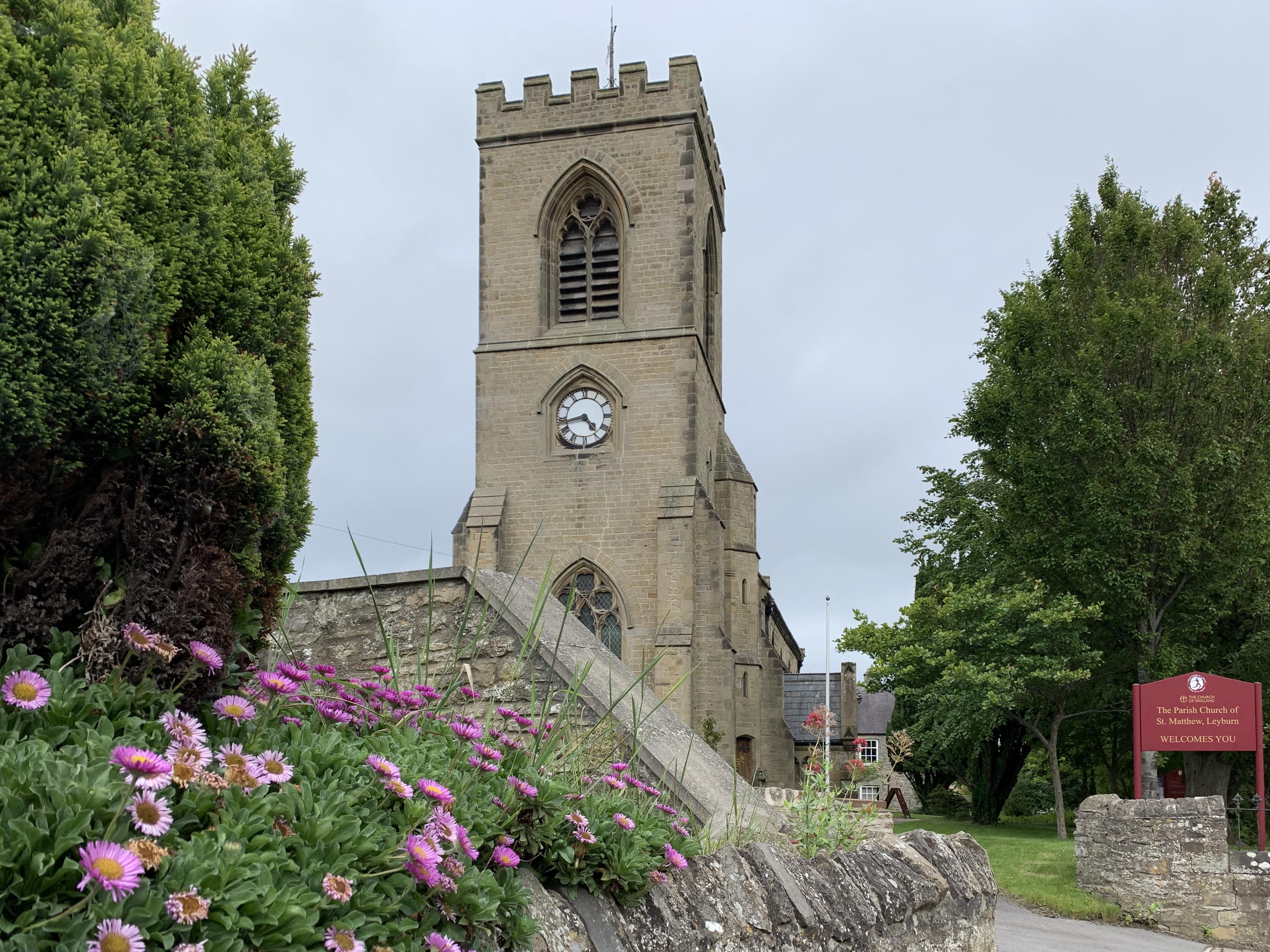A steeple rising from the skyline of a town, an iconic church building along one side of the village square, or the shadow of a cathedral – all are familiar landmarks within the British landscape. Gathering for weddings, funerals and baptisms, for Harvest Festival, Easter and Christmas – the church is a space of memories, of connection with the past and of hope for the future.
In the recent National Churches Trust's consultation on 'The Future of the UK's Church Buildings', there is perhaps one quote that eloquently sums up our relationship with church buildings: “Church buildings are the beating heart of the spiritual life of the country as they have been for centuries. In a world of deepening divisions, rivalries and tensions, to lose a local church diminishes further our faith, our society and our cohesion as a nation."
Obviously for me, the heart of church buildings is the important part they play in our worshipping lives – we gather as God’s people to worship daily in some places, weekly in others. But the impact of the church building extends far beyond the gathering of the faithful, as the National Churches Trust's '50 Things to do in a Church' initiative suggests – from art to theatre to comedy to history to nature. And of course, Jesus!
An invitation to everyone
The church has a mission to show the heart of Jesus in a world of so much hurt and so much confusion and so much uncertainty. The Church’s primary vocation is to be the place that serves and teaches; to be the Church which is aligned with that which is basic and obvious to our Christian faith, which is to show the heart of Jesus to others through our teaching and preaching and evangelising, to the service that we offer to and with the community, and to the invitation we extend to everyone to come into the church building.
Our church buildings allow us to offer sanctuary in the midst of the community. The open doors of a church in the middle of a busy city centre beckon the weary tourist to a place of peace and quiet, an oasis for the commuter at the beginning and ending of the work day to pray, or simply to sit in silence, or a place for a cup of tea, a biscuit and a natter.
Of course the church building is inseparable from the Church – the offer of hospitality is central to the Christian faith and the value of the church building can be seen in how this hospitality is shown in the local community. In many places, the church hall hosts a community play group, exercise classes, Brownies – this makes it a bustling hub of activity. Even though these activities are not the primary activities of the Church, they remain ways in which the Church is connected to the broader community.
Vital to the community
They also show the many and varied ways in which the church building is central to the vitality of the community and why so many people who are not part of the worshipping community feel passionate about church buildings. Buildings tell at least a part of our story and our history – places to remember loved ones, to commemorate events, to gather together, to be together. The stones of the building have a long memory, and so church buildings are far more than only bricks and mortar.
Perhaps one of the most pertinent stories in the Bible when thinking about church buildings, their upkeep and their preservation is that of Nehemiah. Nehemiah was cupbearer to the king, an important job. He was called by God to rebuild the walls of Jerusalem – a huge and daunting undertaking, which will be well-understood by those called to care for and restore our church buildings. This was not an easy task – Nehemiah was mocked, yet he worked hard, he planned, he persevered and he trusted that God would give success (Neh. 2:20).
Church buildings need to be cared for
Throughout the story, Nehemiah refuses to lose hope. Again and again, leaders plot to derail the rebuilding of the wall. Again and again, Nehemiah rallies his people – to work and to pray – to rebuild the walls. The city walls were needed for protection, for the safety of the city and the temple. And so the walls of church buildings need to be preserved and cared for – for the sake of the people and for the Kingdom of God.
Just as the steeple rises from the city skyline, so the hope should rise from the message of the Church. A place of safety, a sanctuary, a gathering place, a community hub.
I am reminded of a story I once heard:
A person came upon a construction site where three people were working. They asked the first, “What are you doing?” and the builder replied: “I am laying bricks.” They asked the second, “What are you doing?” and the builder replied: “I am building a wall.” As he approached the third, they heard the builder humming a tune as they worked, and asked, “What are you doing?” The builder stood, looked up at the sky, and smiled, “I am building a cathedral!”
So what are we doing? What are we building? Brick by brick we care for our buildings, our people, our community – as we continue to build the Kingdom of God.
By The Most Reverend Stephen Cottrell, Archbishop of York. Archbishop Stephen Cottrell is one of the Presidents of the Church of England’s General Synod and of the Archbishop’s Council. He is Joint President of the National Churches Trust.

